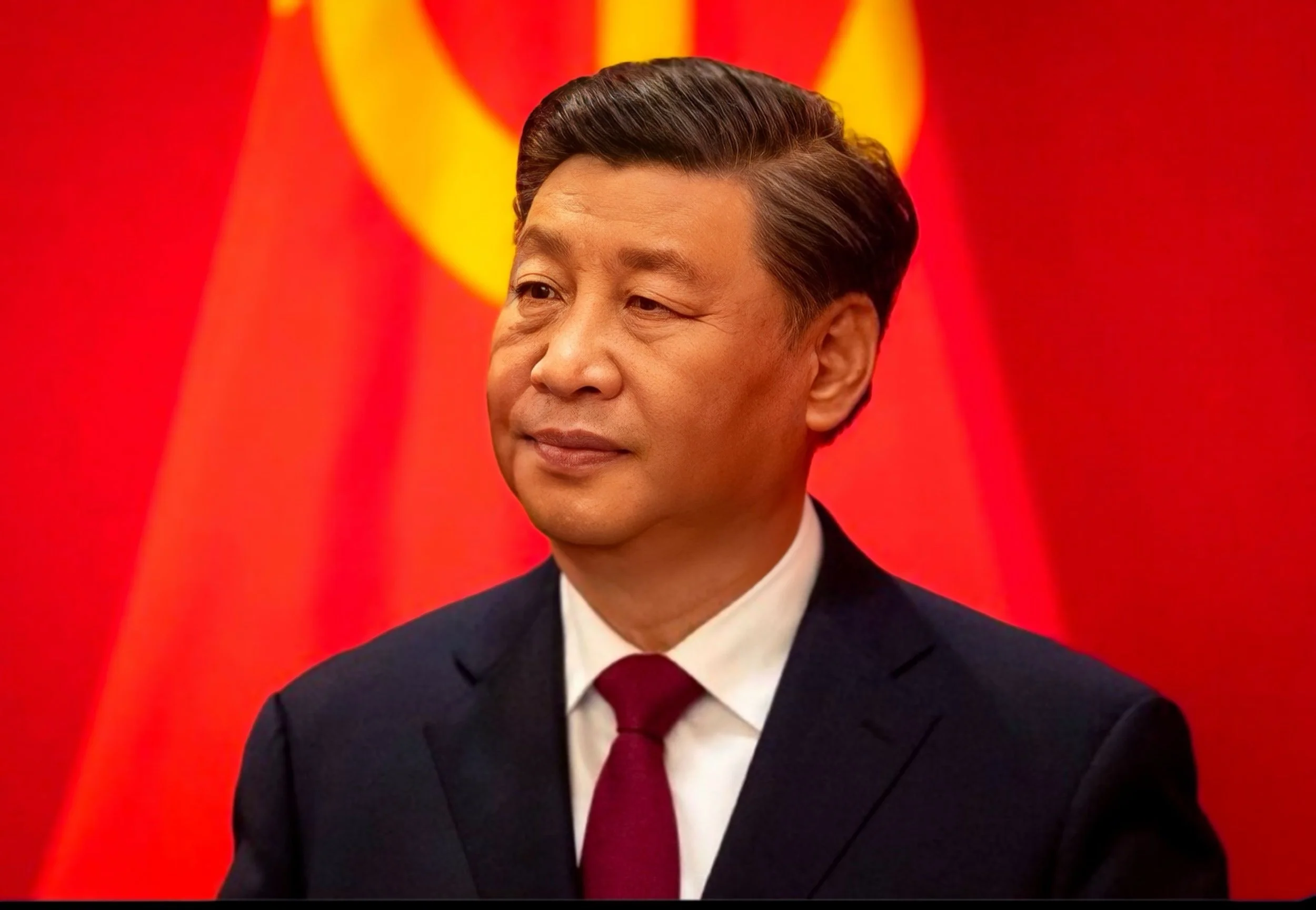China Is Still Suffering an Economic Hangover
Introduction
China’s economy continues to face significant challenges in 2024, struggling to fully recover from the impacts of the COVID-19 pandemic and structural issues:
Persistent Economic Slowdown
China’s GDP growth is estimated at 4.9% for 2024, with projections of 4.5% for 2025, indicating a moderation in growth momentum.
The economy grew by 4.6% in Q3 2024, down from 4.7% in Q2, marking the slowest pace since early 2023.
Key Challenges
Property Sector Downturn
The real estate sector continues to be a major drag on the economy, with property investment contracting and consumer confidence affected.
The gradual collapse of the real estate bubble has shaken households and businesses, undercutting belief in economic leadership.
Weak Domestic Demand
Subdued household and business confidence, along with the property sector downturn, are weighing on growth.
Consumption remains sluggish, with retail sales showing weakness.
Deflationary Pressures
China has entered its 26th straight month of factory deflation, with consumer prices on the brink of deflation.
Government Response
Authorities have implemented stimulus measures, including fiscal and monetary support, to stabilize growth.
However, these efforts have been described as “half measures” that may not be sufficient to revive the old growth model.
Long-Term Structural Issues
China faces the “4 Ds”: debt, demand, demographics, and decoupling, which pose challenges to sustained economic growth.
Transitioning to a new development model with high-quality growth is proving painful, especially in the wake of pandemic-related economic disruptions.
Conclusion
Despite these challenges, some sectors show resilience, such as exports and high-tech manufacturing. However, the overall economic picture suggests that China is indeed still suffering from an economic hangover, with no quick resolution in sight for its complex structural and cyclical issues.







